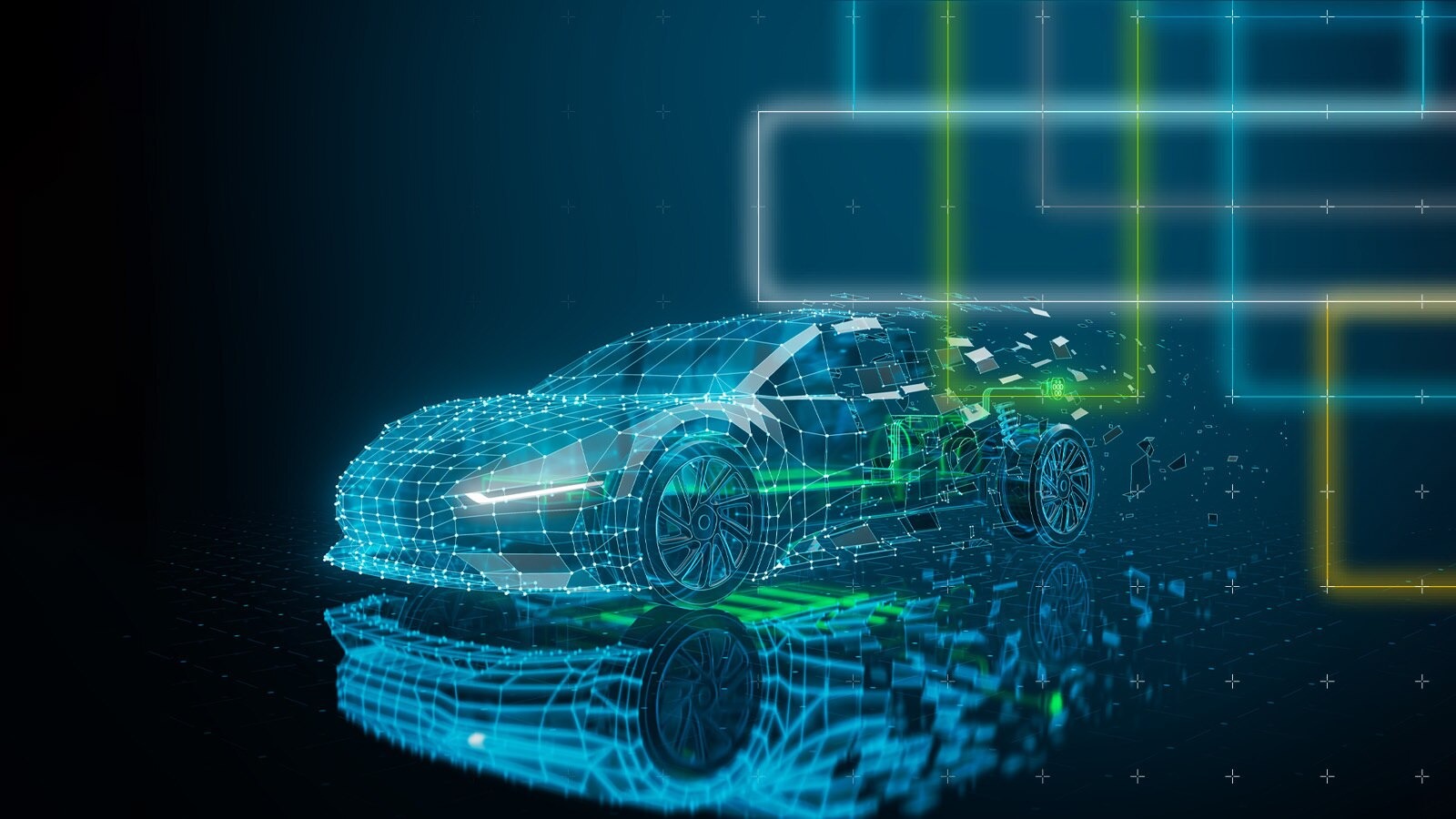
Specialized research across automotive market segments
Market research on EV adoption, battery technologies, charging infrastructure, and regulatory landscapes.
Analysis of self-driving technologies, market readiness, consumer acceptance, and regulatory frameworks.
Research on automotive parts, components, and aftermarket services across global supply chains.
Insights on ride-sharing, car-sharing, subscription models, and emerging mobility ecosystems.
Market research on trucks, buses, and specialized commercial vehicle segments and technologies.
Analysis of in-vehicle connectivity, infotainment systems, telematics, and IoT applications in automotive.
Showing 0-0 of 0 reports
Latest developments shaping the future of automotive
Rapid growth in electric vehicle adoption driven by improved battery technology, expanded charging infrastructure, and supportive government policies.
Ongoing advancement in autonomous driving capabilities, with increasing levels of autonomy being introduced in consumer vehicles.
Integration of vehicles into broader connected ecosystems, enabling new services and business models in the automotive sector.
Increasing emphasis on sustainable manufacturing processes, materials, and end-of-life vehicle recycling across the automotive value chain.
Adoption of Industry 4.0 technologies in automotive manufacturing, including AI, IoT, and digital twins to increase efficiency.
Growth in car-sharing, ride-hailing, and subscription-based vehicle access models as alternatives to traditional car ownership.
Contact our automotive sector specialists to discuss your specific research requirements